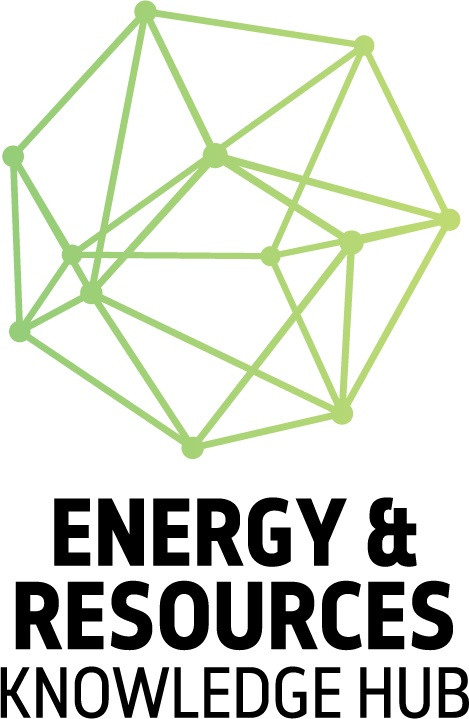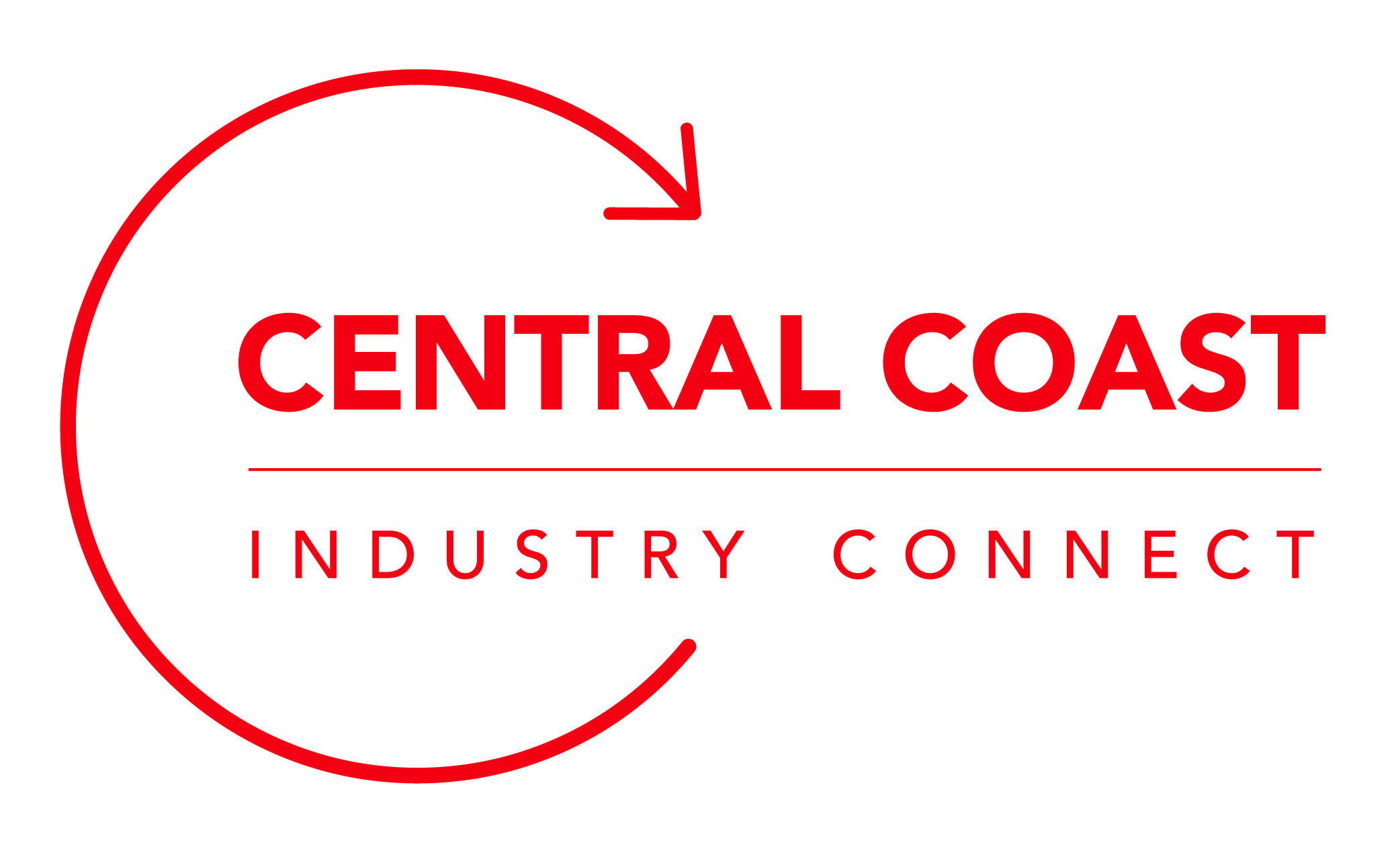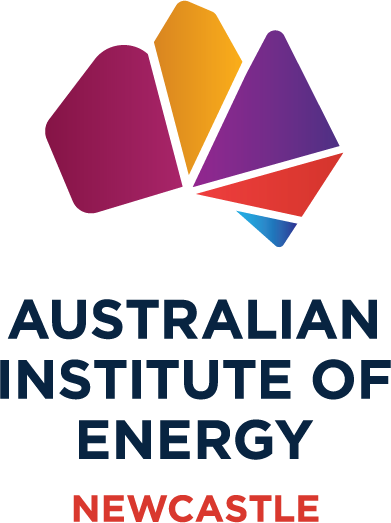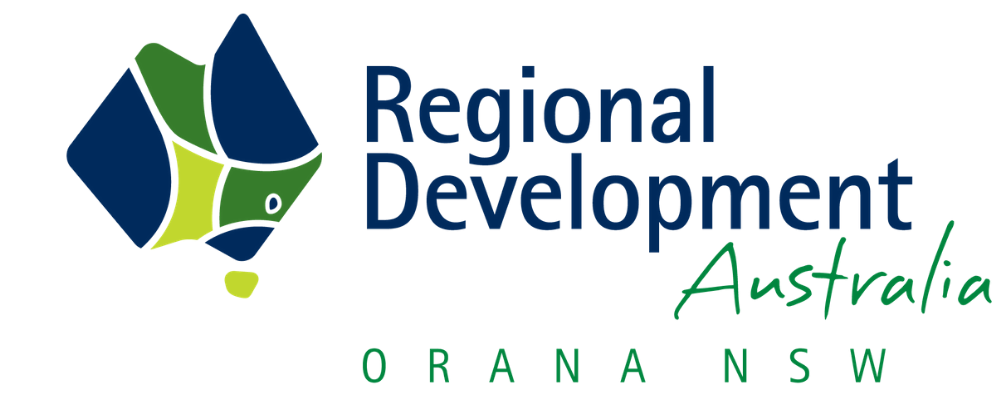Report: Time-matching could become vital to the appeal of hydrogen
A new report shows a focus on 24/7 Carbon-Free Energy and time-matching can facilitate the sustainable production and certification of green hydrogen, making it more appealing in both domestic and international markets.

Produced by RACE for 2030 CRC in partnership with UNSW, Enosi, and others, the "24/7 TRUZERO Tracking Renewables Utilisation for Zero Emission Reporting and Operation" report examines the opportunities and challenges Australian businesses face in achieving their carbon reduction targets.
As more companies commit to using renewable energy and demand greater transparency regarding their environmental impact, there is a growing focus on time-matching.
Time-matching refers to the process of aligning renewable energy generation with electricity demand on an hourly basis, which is important for businesses looking to lower their carbon emissions.
The findings from the report are particularly relevant to the hydrogen sector, especially in the context of green hydrogen production and certification. Here’s how:
- Time-Matching Requirement: The growing demand for green hydrogen in international markets requires proof that the hydrogen is produced using renewable energy that matches the time of consumption. The report’s focus on time-matching aligns with this need, as businesses will have to demonstrate that their hydrogen production uses renewable electricity sourced at the same time it is consumed.
- Certification Standards: As countries like those in the EU and the US develop stricter certification standards for green products, including hydrogen, the principles of time-matching become crucial. The report highlights that time-matched renewable energy procurement is essential for achieving those certification requirements, thereby increasing marketable value and compliance for hydrogen producers.
- Enhancing Investment Opportunities: The report discusses how time-matched renewable energy procurement can drive investment in energy storage. This capability is vital for hydrogen production, which often relies on surplus renewable energy. By utilising stored renewable energy during peak production times, hydrogen producers can ensure a consistent supply of green hydrogen, thereby stabilising production costs and improving overall efficiency.
- Support for Emission Reduction Goals: Hydrogen is frequently viewed as a clean energy carrier. The report indicates that achieving high levels of 24/7 Carbon-Free Energy can help companies substantially reduce their emissions. For hydrogen producers aiming to minimize their carbon footprint, adopting time-matching strategies can directly support their environmental objectives and enhance their reputation in the market.
- Mergers with Existing Infrastructure: For businesses already engaging in renewable energy PPAs, incorporating time-matching into their hydrogen production methodologies can lead to better operational synergies. This means effectively balancing energy consumption from renewable sources with hydrogen production processes, thereby optimising resource use and costs.
- Market Positioning: As the hydrogen economy continues to grow, companies that adopt time-matched renewable energy practices may establish themselves as leaders in sustainability. The insights from the report can guide hydrogen producers in positioning themselves effectively within a competitive market driven by environmental standards.












